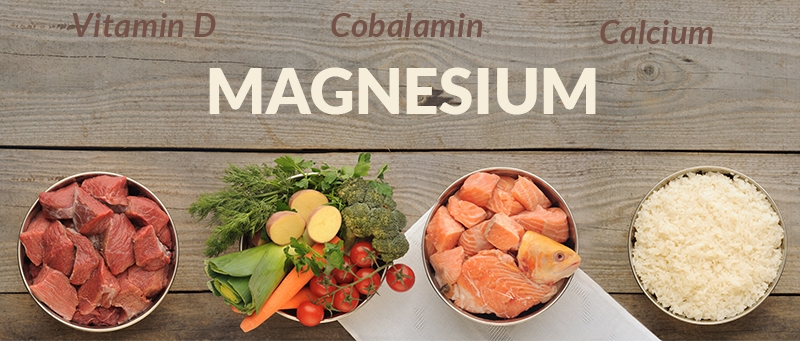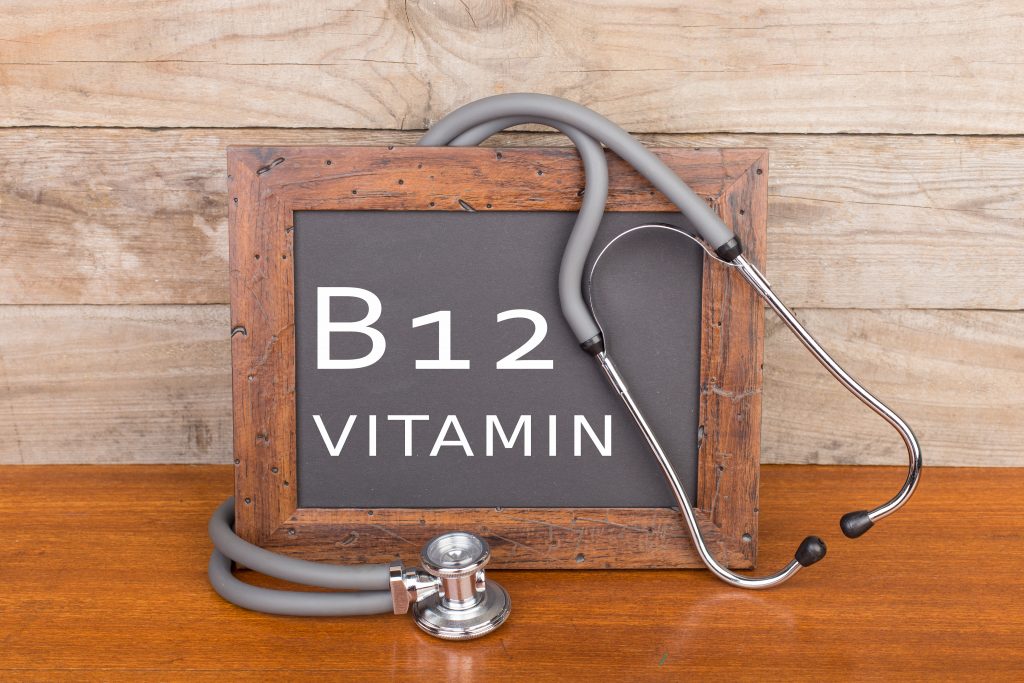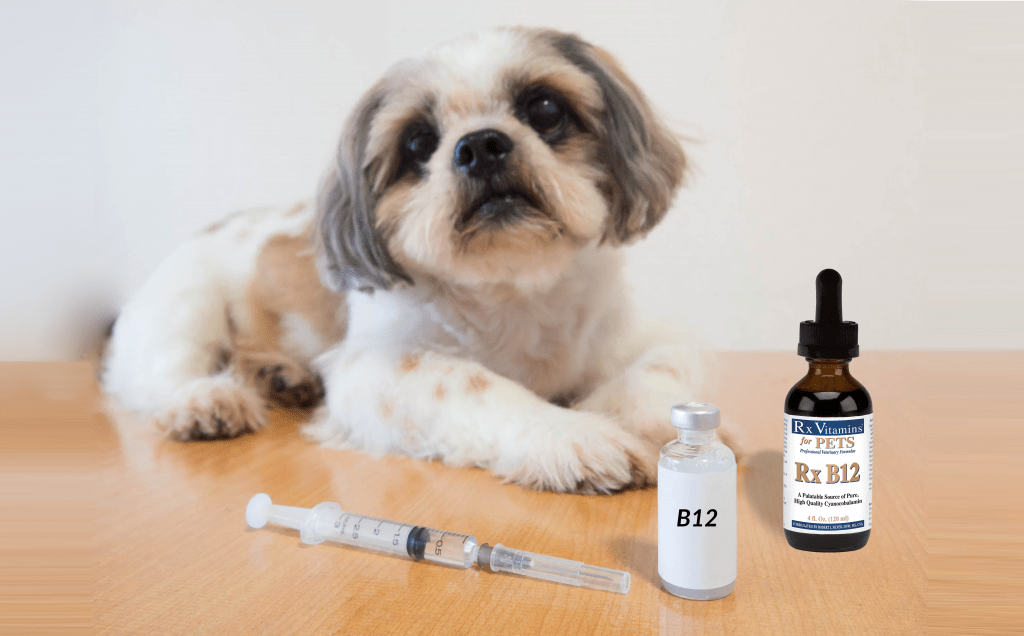
Biomarker for Cancer Clinical Applications and Research We’re excited to bring you the newest Growing Body of Evidence: Thymidine Kinase. Research in support of TK1 as a biomarker for cancer detection and monitoring continues to mount. The Growing Body of Evidence provides a summary of that research, and applications for use in your practice. Click […] Read more »









